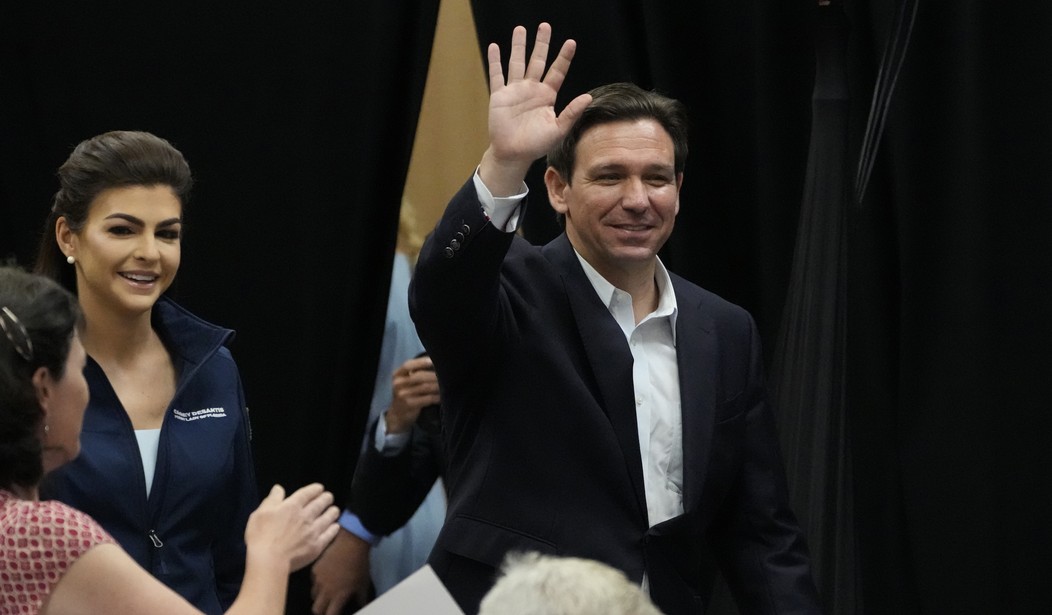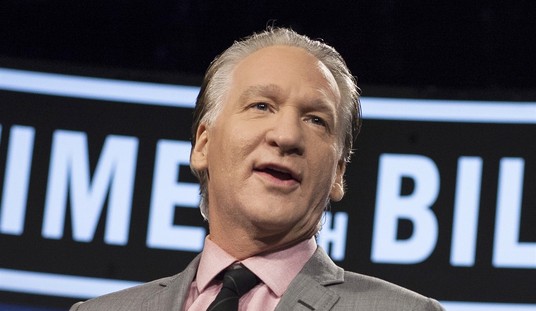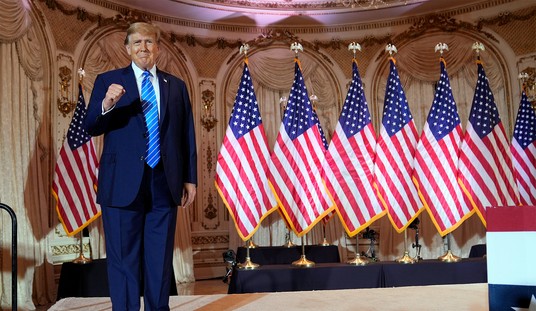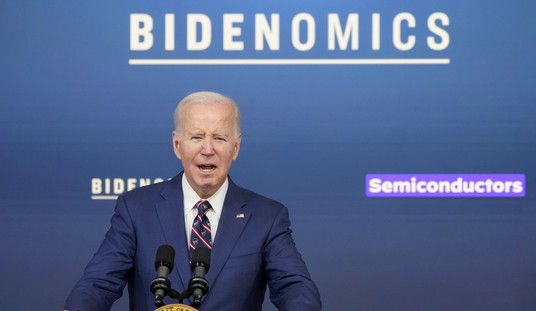Media reactions to Ron DeSantis’s presidential campaign launch via Twitter Spaces last month have overwhelmingly focused on its technical mishaps. Those who’ve bothered to discuss it in further detail have noted the launch’s curious bypassing of traditional media routes like cable news, as well as the high level of interest that led to the technical stumbles in the first place. Some have complained the launch was too “online” in appealing primarily to Twitter’s politically active user base despite the platform’s relatively low use among the general public.
DeSantis will have more than enough time to talk to people through other channels, but by choosing Elon Musk’s Twitter — seen by many on the Right as a new home for free expression — he avoided giving credence to many of the institutions Republican voters rightfully disdain. Of course, DeSantis’s pitch explicitly took aim at various institutions that he wrestled with as governor. But it wasn’t pure grousing; when discussing his culture war against woke institutions, he wisely tied it to economic concerns.
The unconventional Twitter launch coupled with DeSantis’s ability to pivot conversation to fiscal issues suggests an interesting theme for his campaign: In contrast to the class-tinged appeals of Donald Trump, DeSantis is instead targeting a broad base of people who want to be in the driver’s seat of their lives, promising to take the decision-making power over their moral and economic futures away from the government and decaying legacy institutions. While Trump vaunted the culture war as an end in itself for his base, DeSantis is showing that cultural victories are necessary for economic autonomy, bringing along voters who normally wouldn’t be animated by conservative social issues. Trump’s aimless culture war alienated persuadable voters, but DeSantis’s holistic view of culture and prosperity will bring them back.
Much of DeSantis’s launch conversation with Elon Musk and David Sacks was a victory lap for his various policy wins in Florida. Those successes, however, often had multiple facets to them in both social and economic terms. While the subject of “wokeness” took up much of the conversation, DeSantis was careful not to constrain the conversation to cultural divides. For example, when DeSantis highlighted his opposition to explicit LGBT content in Florida’s elementary schools, he also noted that “woke” talk in schools has an opportunity cost, detracting from core subjects like science, math, and reading.
Recommended
To a socially conservative audience, opposing “indoctrination” into queer theory is a good in itself. But fiscal conservatives less interested in cultural issues would be hard-pressed to argue with DeSantis’s suggestion that schools obsessed with sexuality over science will produce graduates who are underprepared for the modern economy. By interlacing cultural debates with practical economics, DeSantis appeals to a broader audience of conservative voters.
When asked about Disney’s progressive-tinged content and business culture, he shifted the conversation from ideological divides to fiscal responsibility. By highlighting Disney’s lack of accountability to its improvement district — even stiffing widows of firefighters on their survivor benefits — he painted a broader picture of the dangers of granting special treatment to favored corporations. Here again he cleverly appealed to both culture war voters, who often oppose woke corporations, and the fiscally conservative, who oppose cronyism and expect a return on the government’s investments.
This approach came in handy when DeSantis was asked about the NAACP’s recent “travel advisory” against Florida on the grounds that it is “hostile” for people of color and LGBT people. Rather than taking the bait on the NAACP’s allegation of racism, he directed the conversation towards quantifiable successes: low crime rates and high African-American educational achievements in Florida, not to mention the highest number of Black-owned businesses of any state in the nation.
This bad-faith posturing might have drawn a defensive and obnoxious reaction out of Donald Trump, or a shrinking and apologetic one from the old guard of the GOP. DeSantis’s focus on Florida’s quality of life more effectively advanced a conservative vision of both culture and economic fulfillment that Democrats will find hard to counter.
DeSantis's message lacked the class-based rhetoric that characterized much of the public discourse in the Trump era. Instead, DeSantis focused on themes of individual control and self-determination, both in terms of livelihood and values. It was an appeal to the fundamental American ethos of self-reliance and personal liberty rather than a divisive rallying cry based on class warfare — something that sets him radically apart from both Democrats and Donald Trump.
The true power of DeSantis's approach lies in its appeal across the spectrum of conservative politics. His messaging unites the concerns of culture war voters who feel their traditional values are under attack and fiscal conservatives who are primarily concerned with the economic health of the nation. It's an intersection rarely navigated well, but DeSantis — early stumbles aside — is crafting a message that will be favorable to both groups, serving him well in the primary and beyond.
Mike Viola is the Director of Business Intelligence at the Foundation for Economic Education (FEE) and a Young Voices contributor. His work has appeared in National Review, the American Spectator, and elsewhere. Find him on Twitter: @mf_viola.

























Join the conversation as a VIP Member